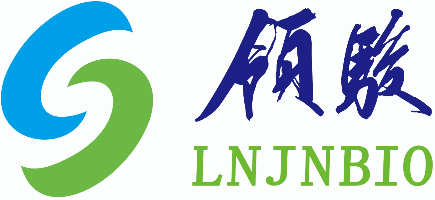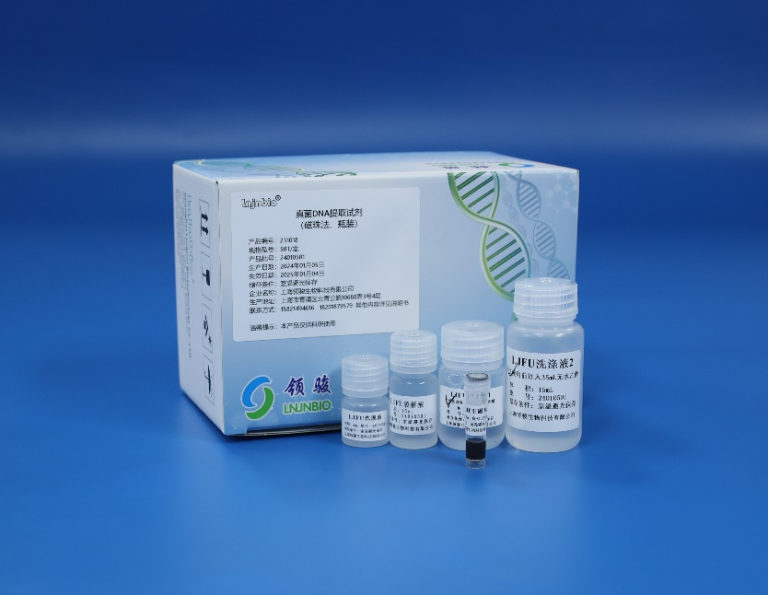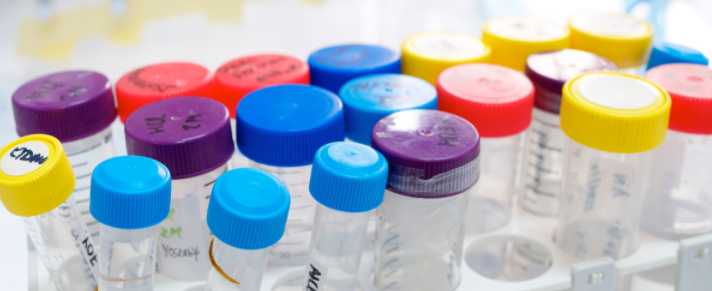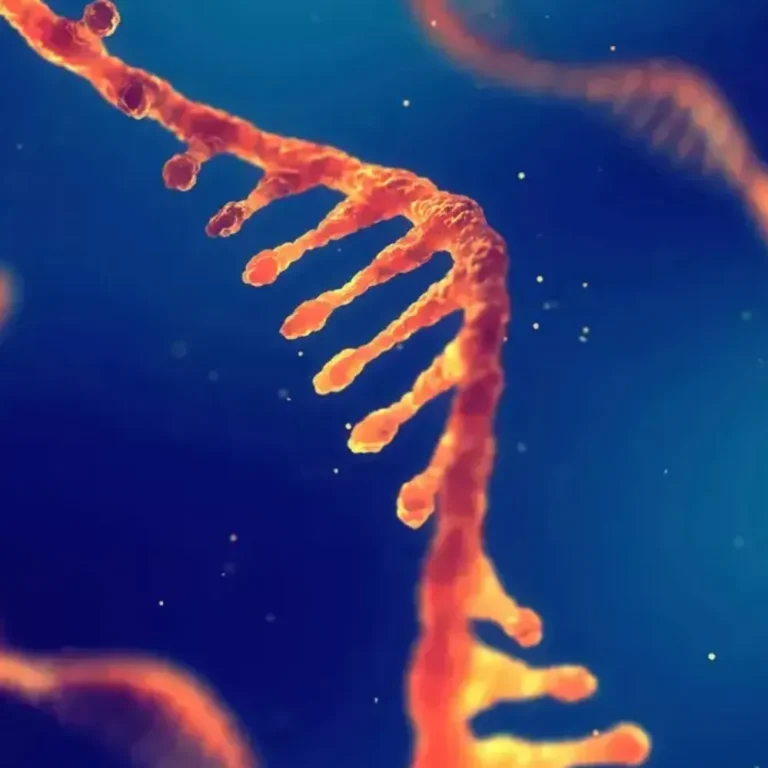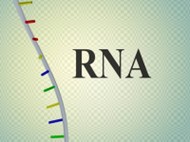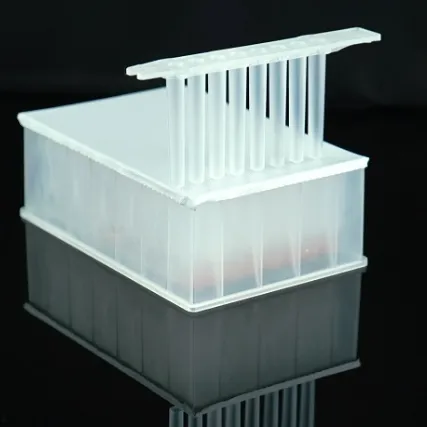Professional Manufacturer of Biomagnetic Beads
What is non-specific adsorption?
Non specific adsorption is a non directional physical adsorption caused by intermolecular forces, which is a naturally occurring process influenced by both kinetics and thermodynamics. After non-specific adsorption between the protein and the carrier matrix, it may cause protein denaturation and cause its extension on the surface of the matrix, resulting in a weakening of specific adsorption.
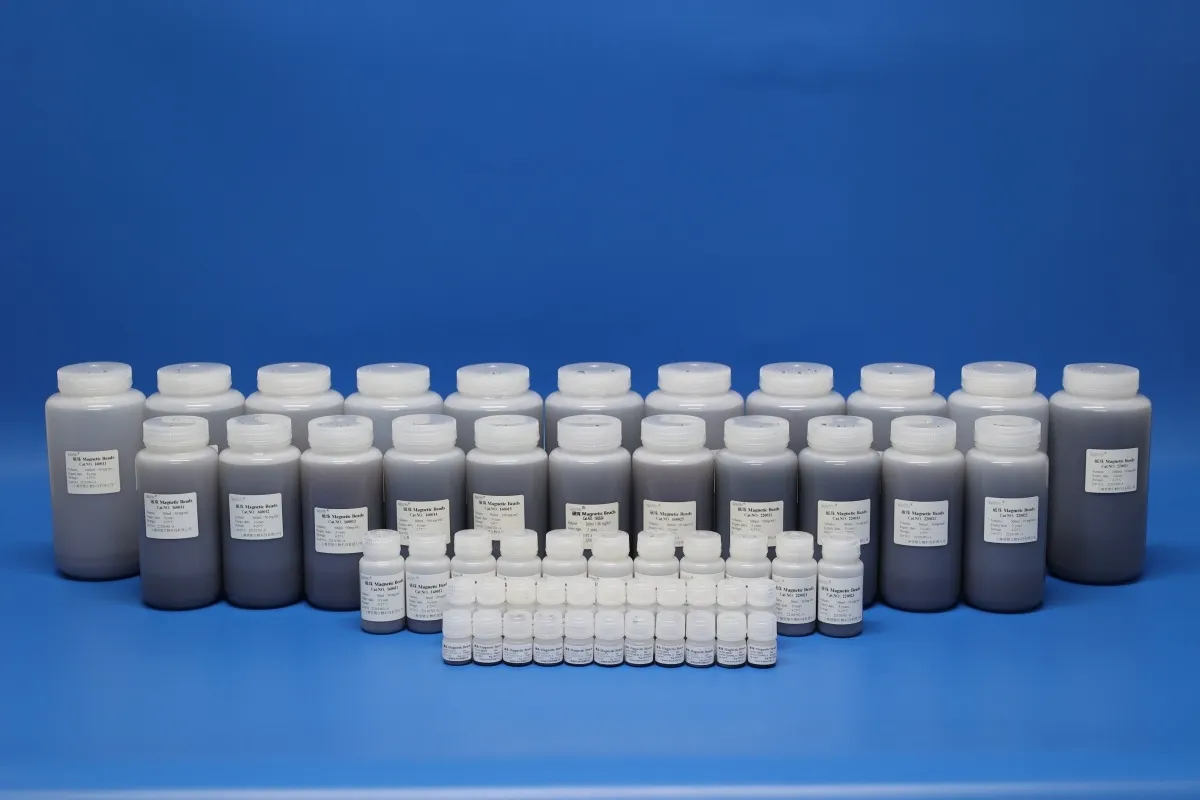
What are the reasons for non-specific adsorption?
Hydrophobic interactions and electrostatic fields are considered to be the two main causes of non-specific adsorption. The driving force of hydrophobic interactions may come from the ordered arrangement of water molecules leading to entropy reduction. When it enhances the interaction strength between protein molecules and the matrix, it affects the structure of the protein, making it loose and promoting protein extension on the surface of the matrix. The effect of electrostatic field is very obvious on the premise that the substrate surface has a certain charge. Its principle can be simply described as “like repulsion, opposite attraction”, and its effect on adsorption depends on the isoelectric point of the protein, the pH of the system, and the charge situation on the substrate surface.
What are the effects of non-specific adsorption?
In immune testing, non-specific adsorption can increase the background, and the active site may be occupied by non-specific adsorbed proteins, leading to reduced sensitivity. In addition, it may also cause false positives, high background, low relative intensity, and other situations.
What are the methods for inhibiting non-specific adsorption?
The method of using proteins or polymers to seal and modify the substrate surface in early work is a completely passive experimental approach. The idea of this method is to use exogenous substances (sealing agents) to cover the surface of the substrate and prevent it from coming into contact with other substances. Obviously, the performance of the exogenous substances used here determines the degree of control over non-specific adsorption, and exogenous substances also have their own non-specific adsorption. In fact, it is equivalent to replacing the surface with weaker non-specific adsorption with the surface with stronger non-specific adsorption, without attempting to prevent the occurrence of non-specific adsorption. The classic example of such methods is the closed experiment of BSA solution. This type of method can provide good inhibitory effects, but it is greatly influenced by reaction conditions; Moreover, such methods have no intention of preventing the generation of adsorption, which determines that they can only reduce adsorption to a certain extent and cannot eliminate the conditions that cause adsorption.
In order to achieve better inhibition of adsorption, more and more zwitterionic polymers are being applied on the surface of matrices. These amphiphilic polymers have both hydrophilicity and hydrophobicity, some of which have active groups that can be chemically bonded to the matrix, and most of them have good biocompatibility. They can bind to the matrix with their own hydrophobic or active groups, and use their hydrophilicity to prevent other hydrophobic substances from approaching, so that the modified surface has the property of actively repelling non-specific adsorption.
Shanghai Lingjun Biotechnology Co., Ltd. was established in 2016 which is a professional manufacturer of biomagnetic materials and nucleic acid extraction reagents.
We have rich experience in nucleic acid extraction and purification, protein purification, cell separation, chemiluminescence and other technical fields.
Our products are widely used in many fields, such as medical testing, genetic testing, university research, genetic breeding, and so on. We not only provide products but also can undertake OEM, ODM, and other needs.If you need Low non-specific adsorption magnetic beads, please feel free to contact us at sales01@lingjunbio.comj.
